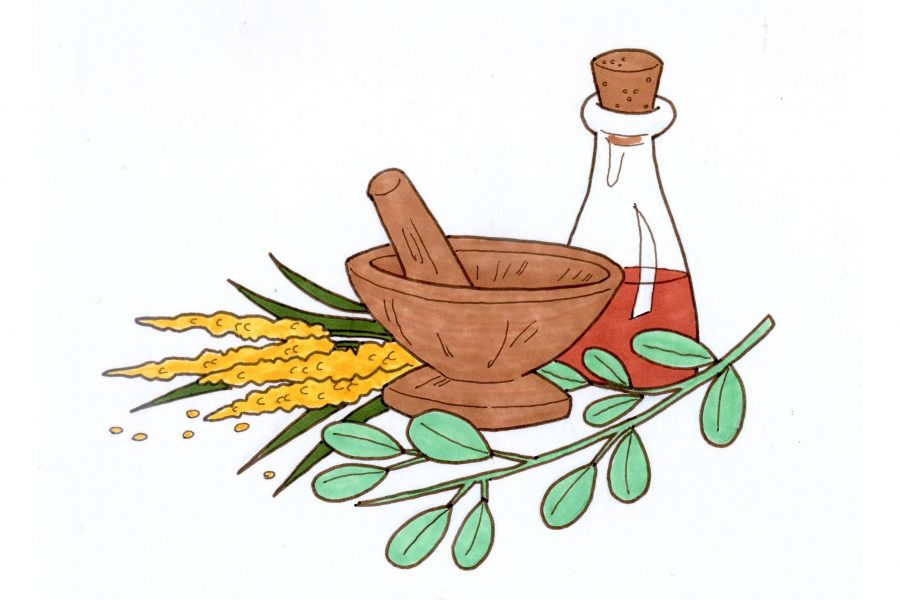Aztecs are famous for ancient pyramids and ancient chocolate recipes, but their medicinal herbs may have been as advanced as drugs used in modern medicine, said to Kelly McDonough, UT Spanish and Portuguese associate professor. She examined ancient manuscripts to determine the properties and validity of the medicinal plants the Aztecs used.
Some researchers believe Aztec medicine relied on superstition and induced a placebo effect to make the patient believe they were cured. On the contrary, the medicine originated from empirical observations made by generations of Aztecs. In a sense, the Aztecs used the scientific method, or experimentation through trial and error, to determine the medical value of the herbs, anthropology associate professor Enrique Rodriguez-Alegria said.
This method would be considered a bit risky by modern standards, but thanks to the Aztecs, their knowledge is still in practice in many parts of rural Mexico, he said.
Many of the practices involving Aztec medicine have been preserved orally, but the manuscripts that McDonough studied are about five centuries old. They were written by the Spanish as part of a questionnaire to inform the king about the colony of New Spain, according to McDonough. The drawings provided the most accurate descriptions at the time, but even with modern methods, it’s hard to match the plants described with the species.
Modern science confirmed that over 85 percent of the herbs Aztecs used are truly effective, according to Rodriguez-Alegria. The herbs the Aztecs used contain compounds found in drugs used today.
“So, it wasn’t just like a placebo effect … not just superstition; it actually worked,” Rodriguez-Alegria said.
McDonough said the history of modern medicine needs to be taken into consideration moving forward.
“Sometimes people … forget that Western medicine is based on herbal medicine and herbal knowledge,” McDonough said.
The effectiveness of herbal medicine should be no surprise since, in some cases, modern medicine works similarly to herbal medicine, history graduate student Diana Heredia said. One example is the ancient use of opium for pain relief, akin to how medical morphine is used in modern hospitals.
McDonough said the use of herbal medicine and modern medicine doesn’t have to be mutually exclusive.
“(The) knowledge (of Aztec herbal medicine) can be incorporated into what we know today about medicine and about healing,” McDonough said. “They can complement each other, and they can add to each other.”
McDonough found a couple hundred medicinal plants that are distributed in different geographic areas in Mexico. In the future, she said she hopes to map the plants to help restore some traditional medical knowledge.





















